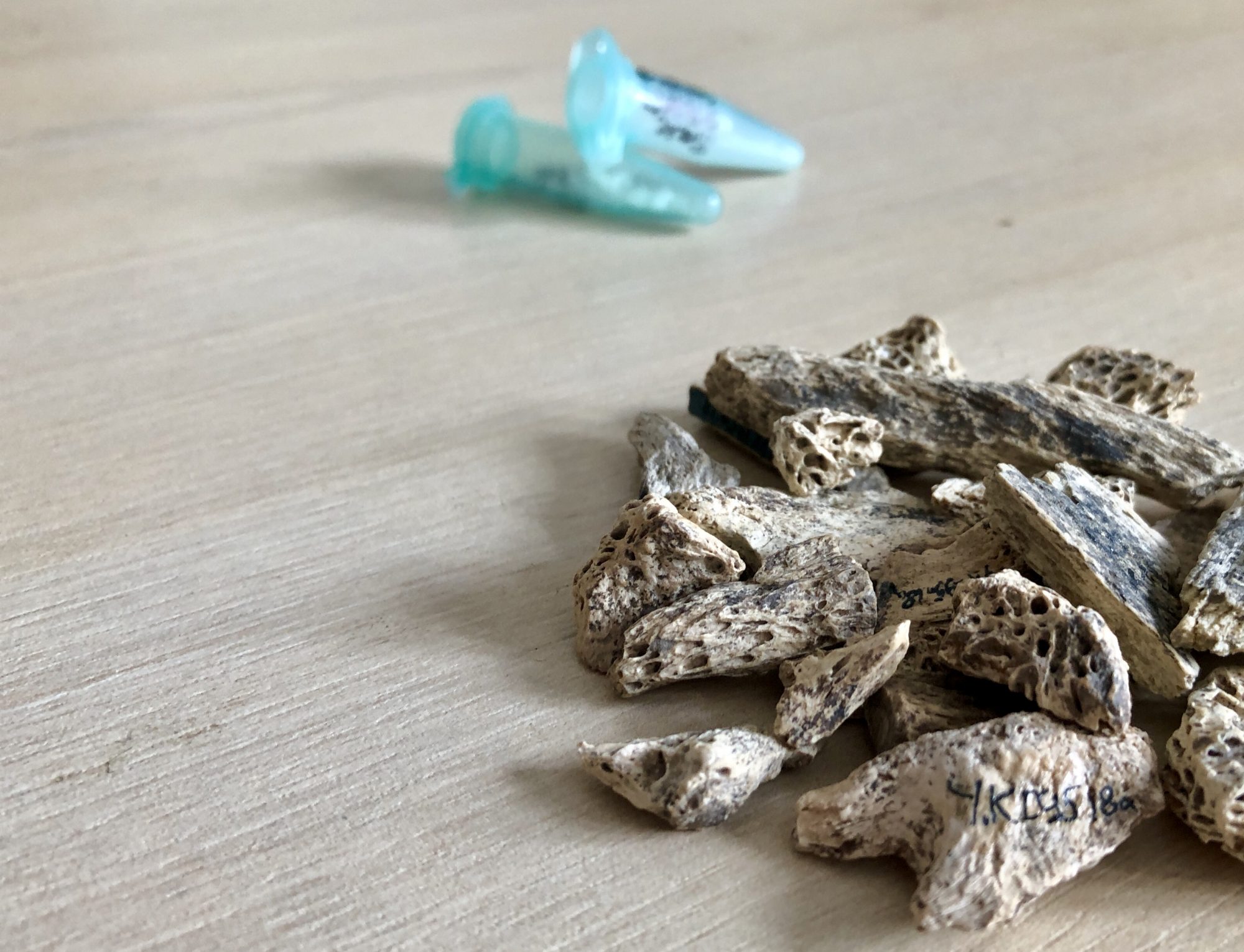Collagen extracted in the process of radiocarbon dating will be analysed for its stable isotopic (C and N) composition.
Different foods contain distinct isotopic signatures that are passed along the food chain to their consumers; the incorporation of these elements in human bone collagen reflects therefore overall dietary patterns.
The values are informative of prey-predator relationships and the subsistence patterns of the analysed human fossils within a specific environmental setting. Carbon and nitrogen analysis will provide an indication of the relative consumption of terrestrial versus freshwater and/or marine diets amongst those early hunter gatherer groups. In the case of Denisovans from the eponymous site, for example, such analyses may inform us of whether this human group exploited the nearby Anui river as a source of food, whereas evidence for marine diet in SE Asia will elucidate early marine food adaptation.

The isotopic analyses are taking place at the laboratory for Stable Isotopes of the Max Planck Institute for the Science of Human History (link) and the Research Laboratory for Archaeology in Oxford.

